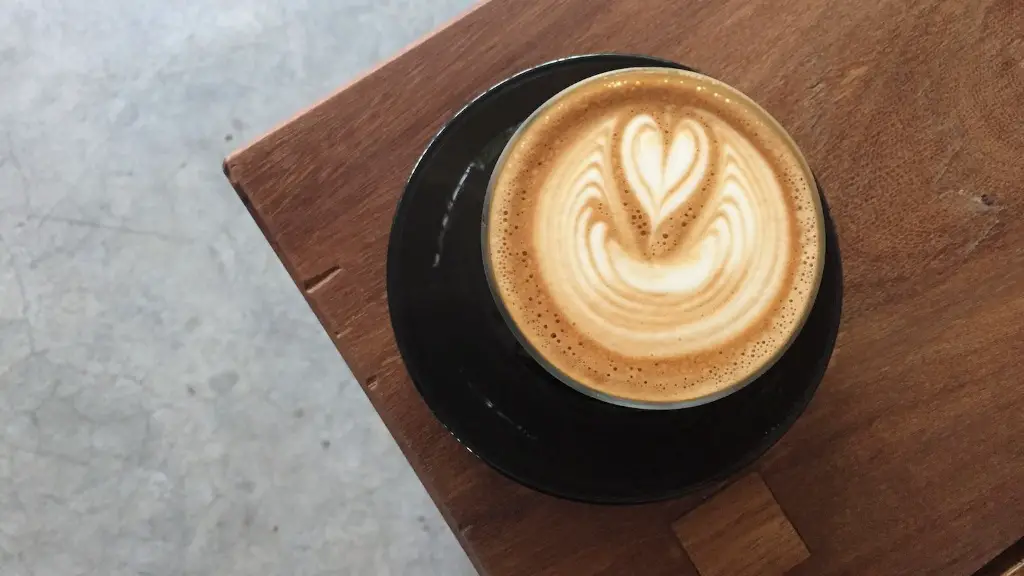Caffeine’s Effect on Reactive Hypoglycemia
Coffee can be a great way to start your day, but if you drink too much of it and have other health issues, it could leave you feeling frayed and fatigued. Caffeine is the main ingredient in coffee and can cause a reaction known as reactive hypoglycemia. This occurs when there is too much sugar in your bloodstream, followed by a sharp drop in sugar level shortly after. In addition to coffee, any other form of caffeine such as energy drinks and tea, can cause this fluctuation in sugar levels.
When your blood sugar drops rapidly, the body responds by releasing the hormone epinephrine, a.k.a. adrenaline. This creates a feeling of being jittery and may cause anxiety or panic. The nervous system is on high alert, sending messages to the body to seek out food items that will quickly restore sugar levels. Reactive hypoglycemia also causes headaches, physical tiredness, sweating, tremors and muscle fatigue which altogether can cause a person to crash.
Sensitivity to Caffeine
What causes people to crash after drinking coffee depends on how sensitive your body is to caffeine. While some people can drink multiple cups without feeling any ill effects, others may only need to drink one cup before experiencing reactive hypoglycemia. People who have diabetes or adrenal issues are particularly sensitive to caffeine, and can realistically crash after just one cup.
Caffeine Overload
Another common reason people crash after drinking coffee is caffeine overload. Caffeine is the most widely consumed psychoactive substance on the planet and can be addicting. It is important to recognize the potential for abuse and take measures to ensure you don’t build tolerance. If your body is over loaded of caffeine, it may respond with sudden exhaustion, which is what causes the crash after drinking large amounts of coffee.
Foods to Combat the Crash
To help prevent the crash after drinking coffee it’s important to have a balanced diet and make sure to eat foods that are high in protein and healthy fats. Protein-rich food such as organic eggs, grass-fed cheese, salmon and nuts can help to stabilize your sugar levels, while healthy fats like olive oil, avocado, or coconut oil can help to slow down the absorption of sugar.
Alternative Beverages
If you still experience crashing after drinking coffee, it may be better to explore alternative beverages. While coffee has many antioxidants, it can also be dehydrating, so consider a tea or a cold-pressed juice as an alternative. Herbal tea is caffeine-free and can be consumed throughout the day, while cold-pressed juice contains natural sugars and electrolytes that will help keep your energy levels balanced.
Supplementation for Adrenal Health
Supplements such as B and D vitamins and adaptogenic herbs can be helpful for people with adrenal issues. The B vitamins help with energy production and can help to diminish the feeling of fatigue, while adaptogenic herbs such as ashwagandha and rhodiola can help to restore adrenal function and balance hormones.
Timing Your Coffee intake
It can also be beneficial to time your coffee intake. For people that experience crashing after drinking coffee, it’s best to have your first cup in the morning, and then have another one no later than mid-afternoon. Doing this can help regulate the energy cycle and reduce the risk of crashing due to caffeine overload.
Blending Different Sources of Energy
If you find yourself crashing after drinking coffee, it might be beneficial to blend different sources of energy together. Look for natural ways of supporting your body by opting for balanced and sustainable energy sources, such as whole grain foods, healthy oranges or good fats like coconut oil and avocado. Doing this can help to regulate blood sugar levels and reduce the risk of crashing.
Eliminating Caffeine
If you find that every time you drink coffee you experience a crash, then it may be a good idea to eliminate caffeine altogether. This means substituting coffee for decaf and reaching for a more natural form of energy like green tea, homemade smoothies, herbal teas or chia additions.
Nutrition and Sleep
It is also important to pay attention to nutrition and sleep and make sure that your body is getting enough of both. Paying attention to nutrition can help to reduce the risk of crashing after drinking coffee, by making sure your body is receiving healthy sources of vitamins and minerals, and getting adequate sleep will help to ensure your body is properly rested and energized.
Yoga and Meditation
Yoga and meditation can be helpful in managing anxiety and energy levels. Yoga helps regulate the breath and restore balance in the body, while meditation encourages relaxation and mindfulness, which can help reduce the risk of crashing.
Conclusion
Drinking coffee can be a great way to start your day, as long as you don’t overdo it. Taking measures to reduce the risk of crashing is important and can be done by limiting caffeine intake, eating a balanced diet, getting enough sleep, exercising and practicing yoga and meditation. These strategies can help you get the most out of your coffee and avoid the unpleasant crash.



